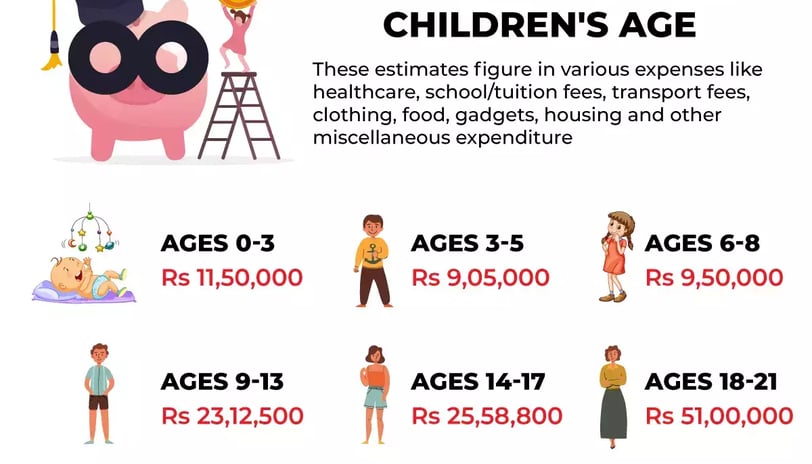The Rising Cost of Education in India: A Burden on Parents
11/7/20243 min read


In India, education has always been a cornerstone of personal and professional success. However, the rising cost of quality education has left parents in a financial bind, with many going into debt or making significant sacrifices to ensure their children’s future. From exorbitant school fees to the soaring cost of higher education, the situation is becoming increasingly untenable for the average Indian household.
The Growing Burden of Private Education
Private education in India is no longer just a choice; for many, it feels like the only viable option. With limited high-quality public education institutions and rising aspirations for global standards, parents are gravitating toward private schools and colleges despite the skyrocketing fees.
School Education Costs: Tuition fees in premier private schools are a glaring example of the crisis.
Sacrifices Parents Make: In conversations with parents, many revealed they are not just taking out loans but also delaying major life decisions—such as buying a house, car, or even planning family vacations—just to afford private education for their children. The pressure to provide the best education has led many parents to put their own needs on hold.
Higher Education: An Even Bigger Challenge
The transition from school to college brings with it even higher costs. The 75th round of the National Sample Survey (NSS) released in 2019 highlighted the stark difference between government and private institutions:
Medicine: ₹31,139 annually in government institutions vs. ₹11.54 lakh in private institutions.
Engineering: ₹39,185 annually in government institutions vs. significantly higher fees in private institutions.
These numbers are dwarfed by the fees charged by top private universities:
Ashoka University: ₹40 lakh for an undergraduate degree.
BITS Pilani: ₹22–24 lakh for a B.Tech degree.
IITs: Even public institutions like IITs charge up to ₹8 lakh for an undergraduate degree, while an MBA at IIMs costs ₹20–25 lakh.
The RBI reports that outstanding education loans in India reached ₹1.29 lakh crore as of September 2024—a dramatic increase from ₹64,000 crore in 2022. This reflects the financial strain families are under, as parents are forced to borrow heavily to fund their children's education.
Why Are Costs Rising?
Fee Hikes: Private schools claim annual fee hikes of 10% are necessary to meet rising operational costs, including teacher salaries and infrastructure improvements.
Limited Public Options: With only a limited number of seats in government-funded institutions, private universities are becoming a default choice for many families.
Demand for Quality: Private institutions often promise better infrastructure, global exposure, and placement opportunities, making them more attractive to parents despite their high fees.
The Impact on Parents
The financial strain of education is not just a statistic—it’s a lived reality for millions of Indian families. The stress of paying high fees often leads to:
Delayed life goals, such as buying property or saving for retirement.
Increased debt burdens, with many parents taking out loans to cover educational expenses.
A widening socio-economic gap, as quality education becomes increasingly out of reach for middle and lower-income families.
What Can Be Done?
Government Intervention:
Financial Support:
Transparent Pricing:
Public-Private Partnerships:
Focus on Digital and Hybrid Models:
A System in Crisis
The rising cost of education in India is creating a divide that threatens to erode the very fabric of society. As parents struggle to balance their aspirations for their children with the financial burden, it is clear that urgent action is needed. Without reforms, the dream of quality education will remain just that—a dream—for millions of Indian families.
Education is a right, not a privilege. It’s time for policymakers, educators, and society at large to come together to ensure that every child has access to affordable, quality education. After all, the future of our nation depends on it.
What are your thoughts on this issue? Have you or someone you know faced similar challenges in affording education? Share your experiences and suggestions in the comments below.
